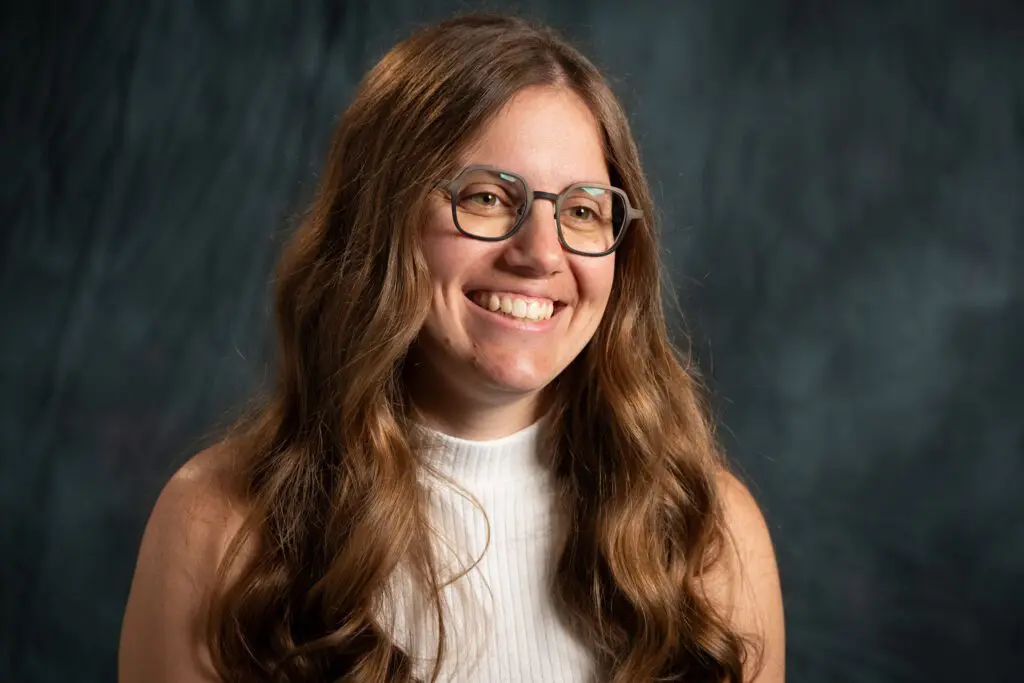The province of British Columbia has a 12.85% substance abuse rate, which is slightly higher than Canada’s national average of 11%. To combat this number, there is an increased need for professionals who have completed addictions worker training in BC. Using their knowledge, training and humanly compassion, these workers help people in their communities and communities across the province beat addiction and make life better for themselves and their families.
Helping Someone Overcome Addiction
After completing mental health and addictions worker training, the next big challenge for a graduate is applying these skills to real addiction situations. Professionals often opt for a holistic approach when working with addicts, treating addiction as a disease that needs to be cured rather than focusing on the punitive or sometimes criminal aspect of the addiction. In order to accomplish this goal, professionals will:
- Support the recovering addict in their daily lives
- Model and teach day-to-day activities
- Support the recovering addict’s home life and drug and alcohol-free recreational activities
- Provide skills training
- Assist adults in establishing a secure home environment
- Hold frequent discussions with the recovering addict
- Discuss, isolate and assess any recovery problems
- Ensure that the recovering addict’s basic needs are being met
- Create a plan of action with the patient
In addition to one-on-one work, a community health and addictions worker will facilitate interventions if and when necessary.
Proof That Rehabilitation Works
Although the addiction rate in the Vancouver area is slightly below the national average, it is still higher than that of other major cities in Canada. Therefore it is a good litmus test for the effectiveness of various rehabilitation strategies to combat addiction.
In 2013, researchers at the Urban Health Research Initiative (UHRI), part of the British Columbia Centre for Excellence in HIV/AIDS, released a comprehensive 56-page report entitled The Drug Situation in Vancouver. It relied on data compiled across the city over a 15-year period where there was no change in access to or affordability of illicit substances but increased access to addiction counselling and treatment. Under these conditions, addicts gradually decreased their consumption of drugs. This 15-year period also saw the decline of needle use.
The report concluded that treatment strategies and programs like those taught in community mental health addictions courses do actually work. They have proven to be a more successful approach than alternatives like using law and order to stamp out addiction. This shows a clear road forward for a cleaner BC, and it’s one you can be a part of as a community mental health and addictions worker.
Are you ready to help people find their way out of addiction and start a new, healthier life right here in British Columbia?










